When it comes to talking about our environment, almost everyone has an opinion. I hear a lot of people zealously talking about climate change, the need the reduce our emissions, recycling, and all that stuff. But most often the issue of overpopulation contributing to climate change seems to get shoved under the carpet.
I think one of the reasons why people try to brush off this conversation is the fact that our society attaches a very emotional meaning to having children. We’ve been configured by our society to think that having children completes us. It is our ultimate goal, and responsibility as men and women to bring children to this world. And because of this, it’s a bit tricky to navigate when we talk about the massive environmental impact children have in our world.
But I’m not afraid to ruffle a few feathers. It is a scientific fact that overpopulation is a serious problem that needs to be addressed. And as this as one of the reasons why some people choose to be childfree, I think we need to include this in the conversation.
Children Have a Massive Carbon Footprint
Let’s jump right in! What is something that babies need every day? Nappies!! On average babies will probably use nappies for around 2 and a half years. Whether disposable or reusable, each baby will produce around half a ton of carbon emissions by simply using nappies! And this doesn’t even take into account the energy and resources needed to make them. (I’m just so glad that I don’t to contribute to this BTW).
A recent study published in the journal Environmental Research Letters also revealed that having one fewer child can help reduce 58.6 tonnes of CO2-equivalent emissions per year! Also, it states that “A US family who chooses to have one less child would provide the same level of emissions reductions as 684 teenagers who choose to adopt comprehensive recycling for the rest of their lives.” Clearly, having fewer children is way better than all our recycling efforts combined.
I can go on and pull up every research and data available about the massive carbon footprint children have. But it is very clear: bringing more people onto our earth ultimately means an increase in the consumption of our resources – food, water, land, energy, etc.
In reality, our earth does have renewable resources, but overpopulation is putting a serious strain on it. People are consuming more than our earth can regenerate. It’s a sad fact, yet governments around the world are not bringing this to the climate change conversation. All they talk about is recycling, eliminating single-use plastic, and utilizing public transport. Choosing to have fewer children (or not to have them at all) is nowhere in the discussion.
The Need to Go Beyond Ourselves
I must clarify though that I’m not saying we should all stop having children. What I’m saying is that we cannot simply decide to have children just because our families and friends are pressuring us or expect us to. We need to stop and look beyond what ourselves and what society dictates and expects about having children. The choice is not simply about us anymore. We need to think about the environmental effects our decision may have and we need to think long-term.
The Choice is Yours to Make
We must realize that all of our choices really have bigger consequences than we could ever imagine. And by choosing to be childfree, I realized that I’m actually helping the earth in my own little way. Let’s not fear the judgment other people may pose upon us for choosing this. It won’t solve the problem, anyway.

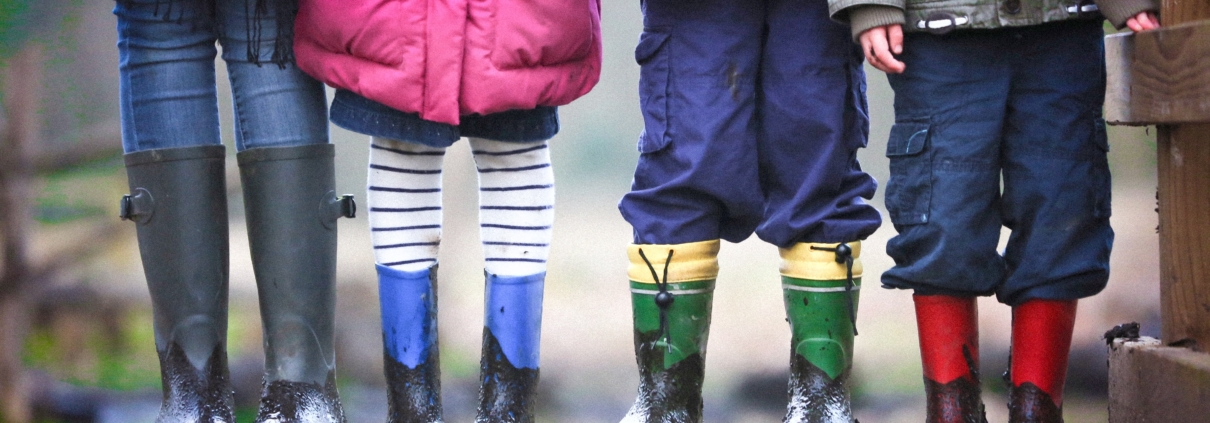
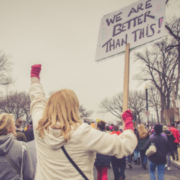


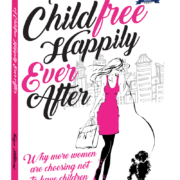
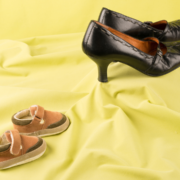
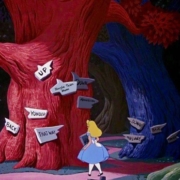
 https://childfreehappilyeverafter.com.au/
https://childfreehappilyeverafter.com.au/
Leave a Reply
Want to join the discussion?Feel free to contribute!